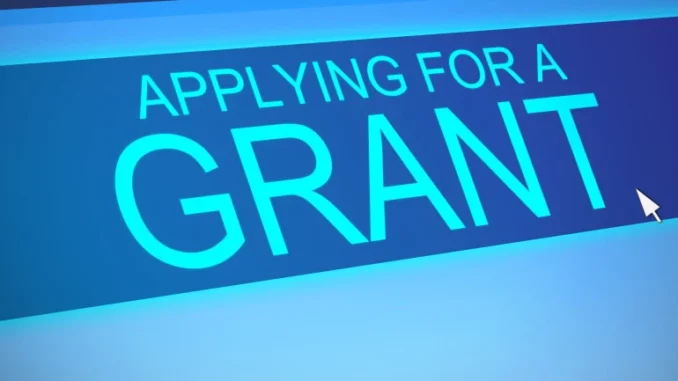
Securing grants can be a game-changer for individuals, non-profits, or businesses looking to fund innovative projects and initiatives. However, the grant application process can be intricate and competitive.
Introduction:
This guide provides a step-by-step approach to help you navigate the intricacies of applying for a grant successfully. Applying for a grant typically involves a structured process. Here are general steps to guide you through the grant application process:
- Identify Suitable Grants:
- Start by researching and identifying grants that align with your project or organization’s goals.
- Utilize online databases, grant directories, and government or foundation websites.
- Understand Eligibility Criteria:
- Carefully review the eligibility criteria for each grant opportunity.
- Ensure that your project or organization meets all the specified requirements.
- Develop a Clear Project Proposal:
- Craft a compelling project proposal that clearly outlines your goals, objectives, and the impact of your project.
- Clearly articulate how the grant will be utilized to achieve the proposed outcomes.
- Ensure that your proposal is aligned with the evaluation criteria specified by the grantor.
- Create a Budget:
- Develop a detailed budget that outlines how the grant funds will be allocated.
- Ensure that your budget aligns with the guidelines provided by the grantor.
- Prepare Necessary Documentation:
- Gather the required documents, which may include a project proposal, budget, timeline, financial statements, and any other specific materials mentioned in the grant guidelines.
- Some common documents include a cover letter, executive summary, project description, budget details, and letters of support.
- Register and Prepare Application Materials:
- If necessary, register on the grantor’s application portal.
- Prepare all required application materials in advance, including responses to essay questions and any supplementary documents.
- Review Submission Guidelines:
- Thoroughly review the submission guidelines provided by the grantor.
- Follow formatting instructions, word limits, and any specific requirements for attachments.
- Proofread and Edit:
- Ensure that your application is free of grammatical errors, typos, and formatting issues.
- Seek feedback from colleagues or mentors to enhance the clarity and coherence of your proposal.
- Submit Before the Deadline:
- Submit your application well before the deadline.
- Late submissions are generally not accepted, so plan accordingly.
- Follow-Up:
- If possible, follow up with the grantor after submission to confirm receipt.
- Inquire about the timeline for the review process and decision announcements.
- Prepare for Interviews or Clarifications:
- Some grants may involve interviews or requests for additional information.
- Be prepared to provide clarifications or attend interviews if requested.
- Celebrate or Learn from Feedback:
- If successful, celebrate your achievement and express gratitude to the grantor.
- If unsuccessful, seek feedback if available and use it to enhance future applications.
Conclusion:
Applying for a grant demands careful planning, attention to detail, and effective communication. By following these steps and continually refining your approach based on feedback and experiences, you can increase your chances of securing the funding needed to turn your vision into reality.
Remember that each time you apply for a grant the process may have unique requirements, so adapt these general steps to the specific guidelines of the grant you are applying for. Additionally, be thorough, honest, and clear in your application to increase your chances of success.
Also each application is a valuable learning opportunity that brings you one step closer to achieving your goals. Good luck!

nice article